
What does it mean to have a home—is it merely a structure in which to find shelter, perhaps safety and solace, or a connection between your soul and a sense of belonging? More of us are recognizing that the struggle to connect with one’s self and one’s culture is increasingly complex and nuanced. In the current state of transnational politics and diaspora, many find themselves at odds with their cultural and social circumstances. This struggle extends to our inner worlds: our thoughts, feelings, and perceptions can impact how at home we feel within ourselves.
Part of navigating life means coming to terms with the great challenges and pleasures that we will face in our relationships with others, with the wider world, and within ourselves.
In this new issue of Inventio, we bring together a collection of writing that present a spectrum of relationships. From friendships and families, to mania, the Greek word for obsessive love, to the relationship we have with our mental health and our self-perception, this issue encourages us to look more deeply into a variety of human connections. While some works take a more whimsical and lighthearted approach, other works delve into the darker places in our minds.

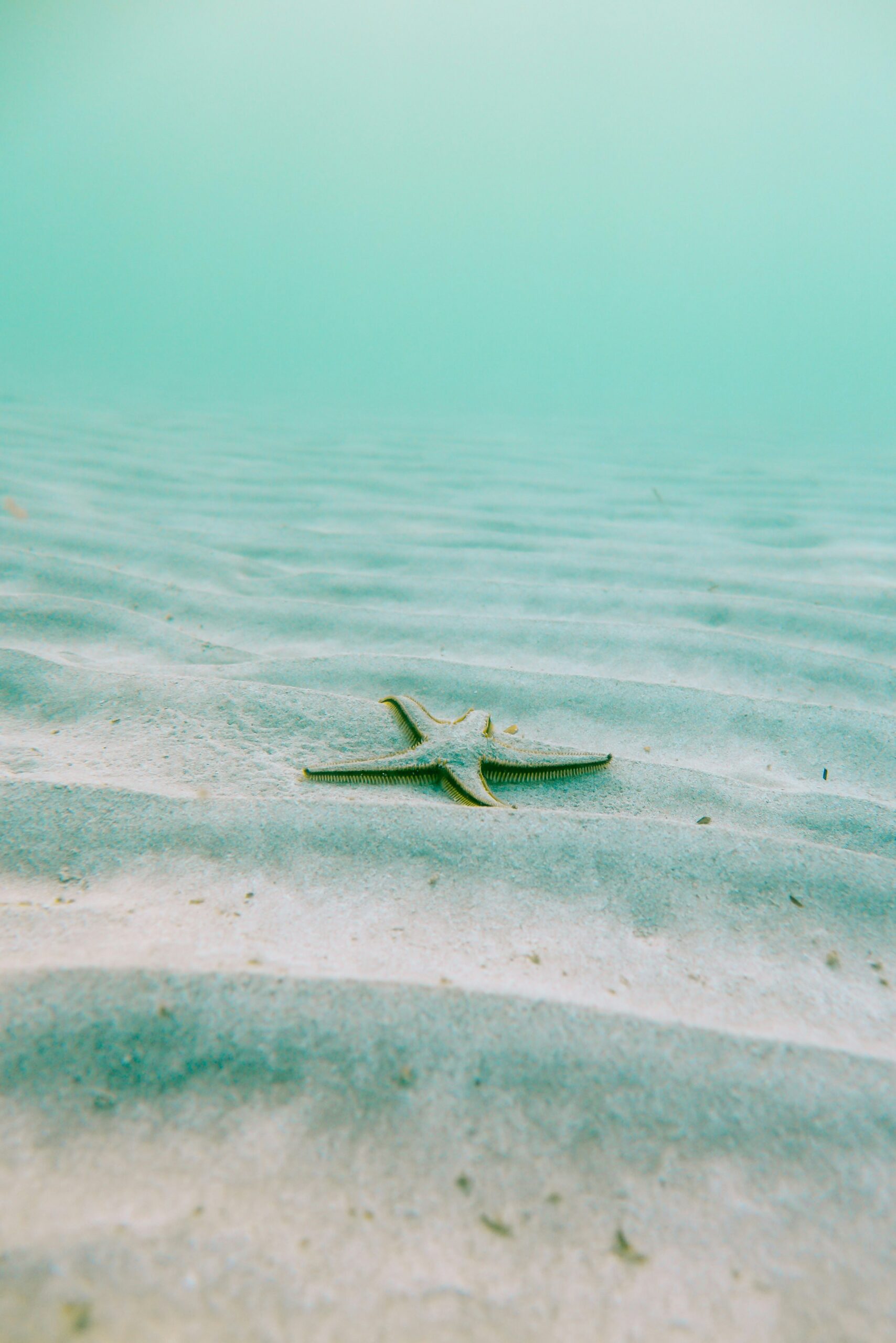
Our three poems illustrate how coping with loss can come with its own struggles—whether it is mourning your past self, recognizing your love for someone through their absence, or facing discrimination in a new country. Our art piece demonstrates how creation comes from building and rebuilding and finding joy in the small things. Our submissions reveal that we must reckon with loss in order to appreciate life.
Everything within the universe exists in relation to everything else.
In Inventio‘s largest issue yet, our submissions focus on humans’ complex relationships with themselves, people, and the world around them—We are not as isolated as we think we are.
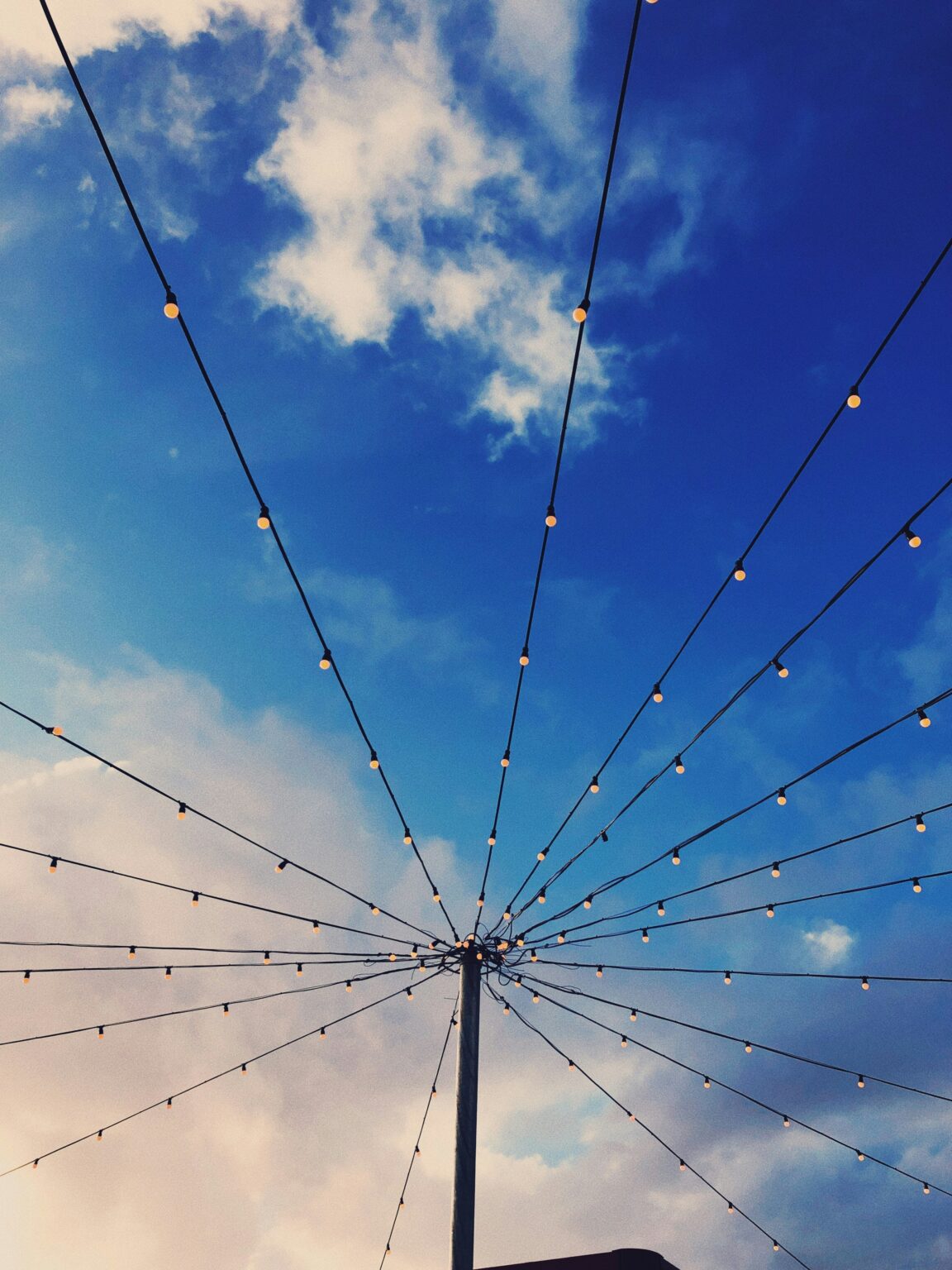
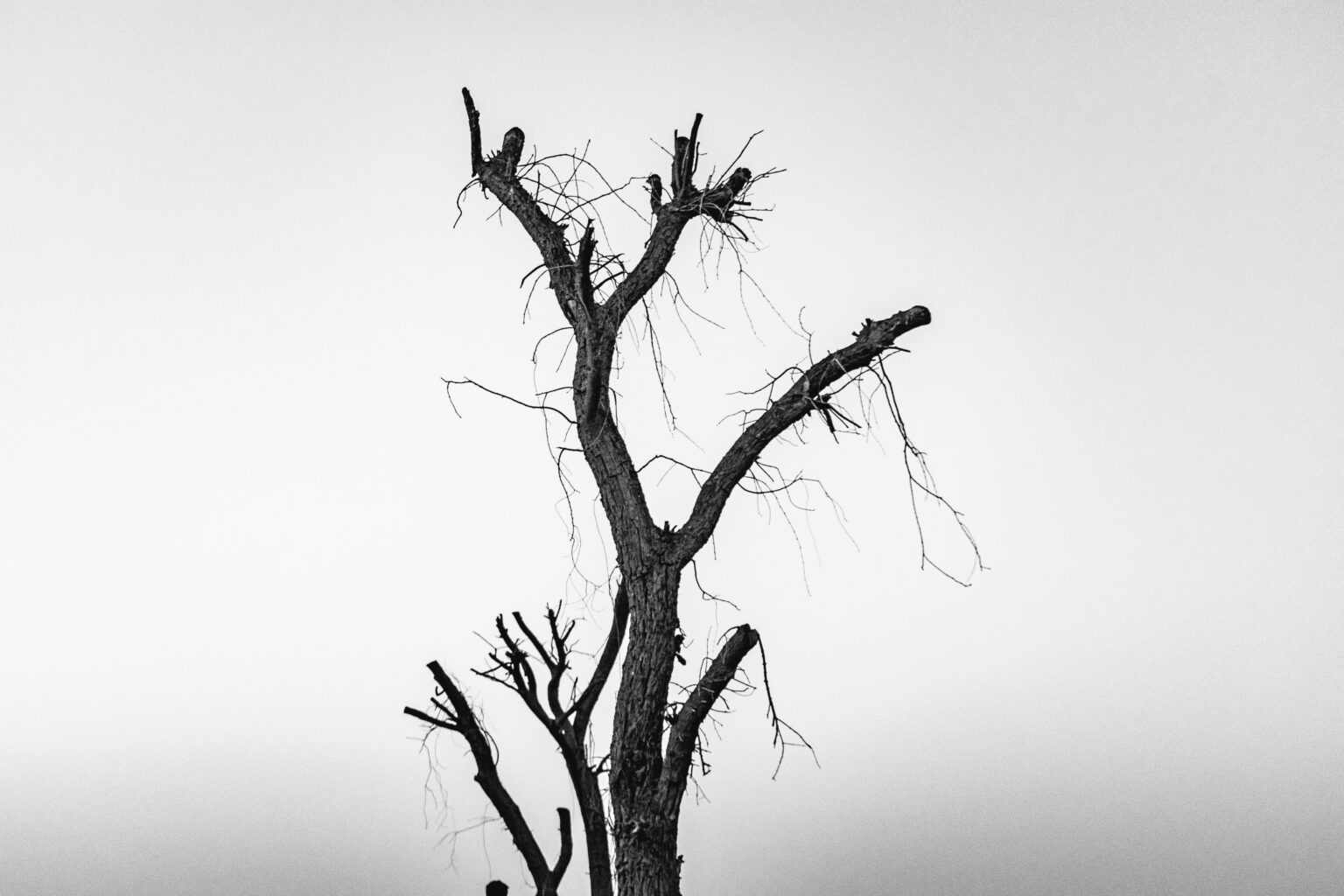
Life is a series of choices falling into and out of our grasp—a powerful collection of possibilities. The pieces in this issue grapple with the choices that define our lives and remind us that the ability to choose is a privilege that may not extend to death and beyond.
What does it mean to be human? Is it defined by our imminent mortality? Our ability to feel deeply and think curiously? Or is it rooted in the connections we form (and sever) with the world, people, and things around us? Our submissions shed light on these complicated questions.
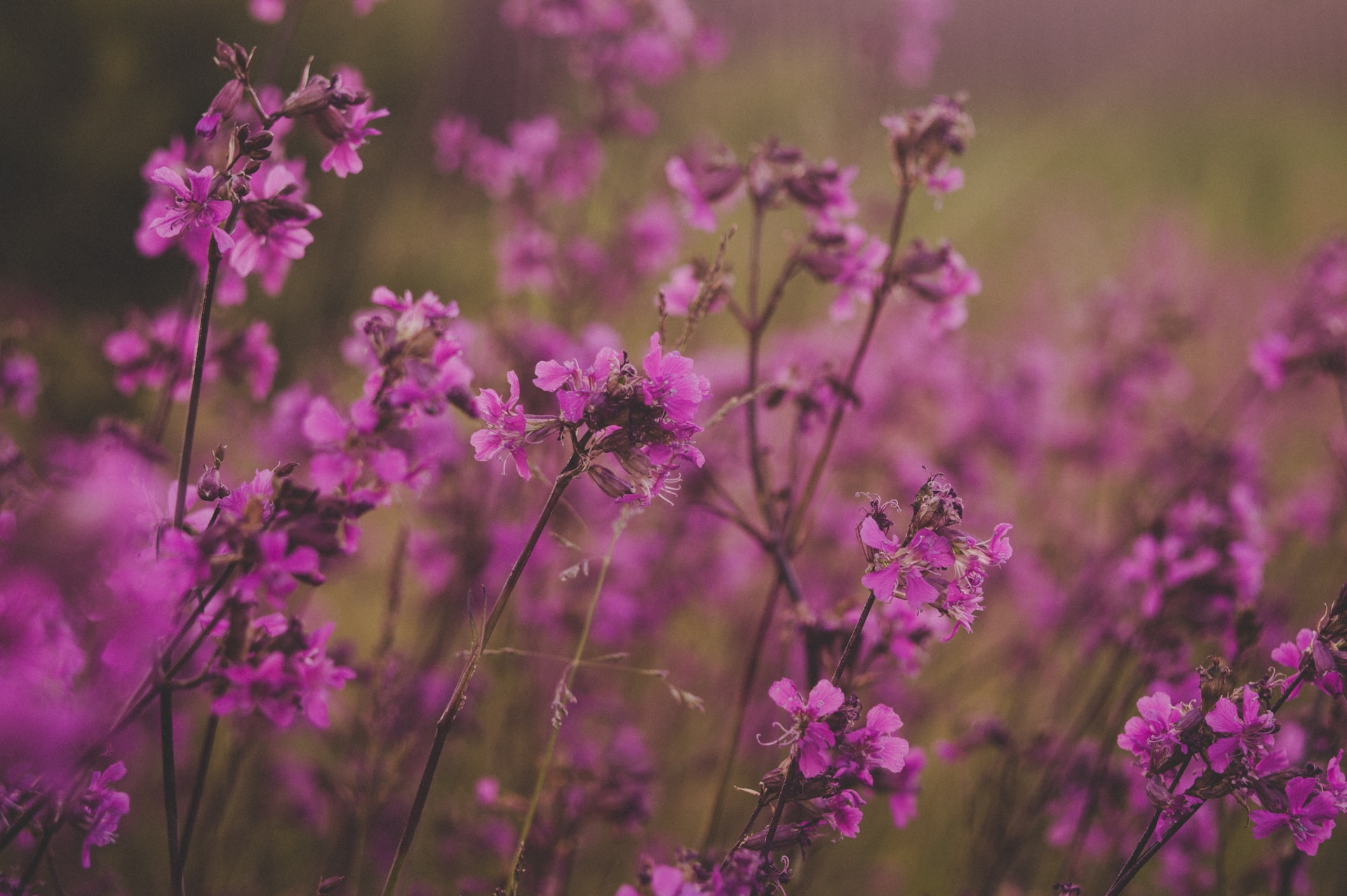

What is memory? It is found through our intimacy with the everyday objects we come to know and hold dear. Memories are found through the actions we take to re-create and forbid them. We find memories within the people, places, and things that are no longer there. Our submissions remind us of finding the meaning in the minutiae.
Love is a universal feeling commonly associated with happiness, bliss, and overwhelming optimism; however, in reality it is far more complex. This issue of Inventio explores the darker sides of love and seeks to challenge our preconceived notions by daring to ask, is love always a positive emotion?

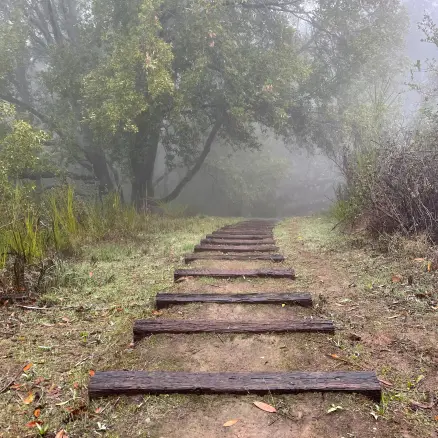
It seems fitting that this issue of Inventio shares similar themes of reflection with the PWSA’s symposium topic of Metanoia, which encourages seizing the potential for transformation within experiences of regret. There is much to reflect on in this issue: oneself, one’s relationship with others, and—because we are professional writing students—one’s relationship with words.